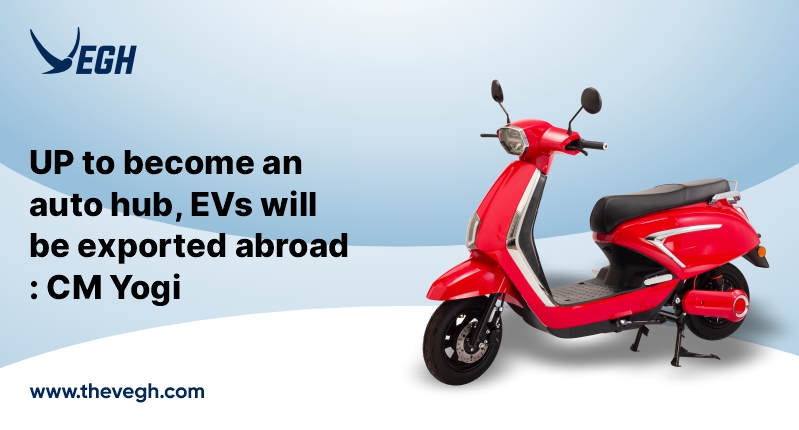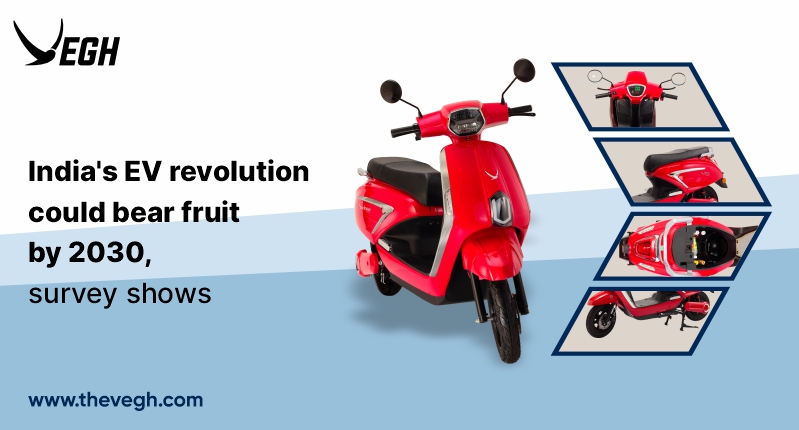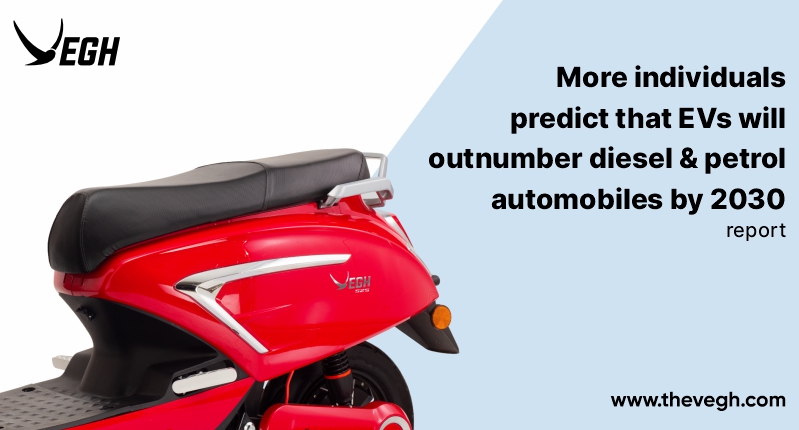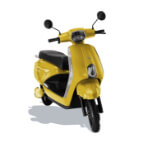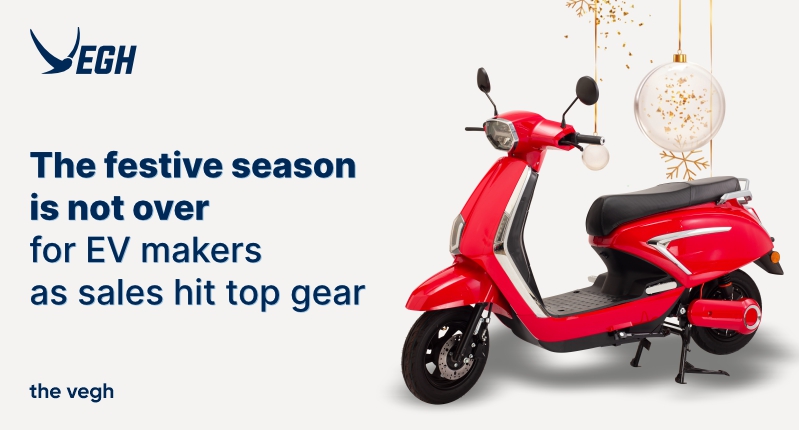
Even though the holiday season is over, celebrations are still going on for the manufacturers of electric vehicles (EVs), with November sales likely to match the record established during the Navratri and Diwali seasons last month.
According to information from the government website Vahan, which registers vehicle registrations, EV sales this month have already surpassed 99,000 units, breaking the previous record of 115,861 units established in October.
According to industry officials, this is due to the fact that backlog bookings are still being sold and that more and more car owners are becoming aware of EVs.
More electric two-wheeler product introductions at competitive price points are expected over the course of the next two years, which will contribute to increasing their uptake, according to Gill.
Although the country’s EV ecosystem is still growing, two- and three-wheelers are driving adoption as more people rely on them for last-mile connectivity, helped by their affordable operating costs.
According to the past seven months, EV sales will surpass a million units in 2022–23, an increase of 84% from the previous fiscal year.
According to SMEV, sales of electric two-wheelers are anticipated to increase by 117% year over year to reach 750,000 units this fiscal year, while sales of three-wheelers are anticipated to increase by 12% to 200,000 units.
Considering their greater price, electric car sales are still relatively modest, but in the first half of the current fiscal year, they increased 268% year over year to 18,142 units. According to the Vahan dashboard, 4,935 electric car units were sold in October.
The market is predicted to expand quickly since EVs have substantially lower operating costs than cars and trucks fueled by gasoline and diesel.
“At Rs 1.1 per km of operating costs (for an electric car), the monthly expense is a fraction of what is incurred driving a petrol/diesel car, making it simply unbeatable,” said Vivek Srivatsa, head of sales, marketing, and service strategy at Tata Passenger Electric Mobility, which dominated the EV passenger vehicle market with a share of about 85% and has the largest electric car portfolio.
Original equipment manufacturers (OEMs) have been stepping up production as EV demand rises and supply constraints loosen.
“The waiting time has been shorter as production increases by multiples. Now that electric OEMs can provide vehicles more quickly, “Hemal Thakkar, a director at the credit rating company Crisil, remarked
The entry of established automobile firms into the EV market has increased consumer and financial confidence. Dealers claim that even after the festival season, the switch to EVs is unabated.
According to Nikunj Sanghi, an Alwar-based automobile dealer, “the affordability and running cost, notably in two- and three-wheelers, have substantially improved, making it a feasible choice for consumers.”
While the acceptance of EVs is progressing steadily, it will still take some time for them to become widely used.
Due to rising fuel prices and consumers’ preference for cleaner and greener modes of transportation, experts claim low-speed scooter adoption is accelerating in the hinterlands.
After declining in FY21, EV sales increased by more than 200% in FY22, making up close to 3% of all vehicle sales in India.
Since the government updated upward incentives under the Fame 2 plan, sales of electric two-wheelers have increased over the past 8 to 12 months.
By 2030, the Narendra Modi-led administration wants EVs to account for 30% of personal automobiles, 70% of commercial vehicles, and 80% of two- and three-wheelers.
To promote EV adoption across the nation, the government has been collaborating with the Fame (Faster Adoption and Manufacturing of (Hybrid and) Electric Vehicles in India) and PLI (Production-linked Incentive) initiatives.
In India, sales of electric two-wheelers are predicted to increase by 24 times from their current level to reach 17.69 million units by 2030, according to a report by venture capital firm Blume.

